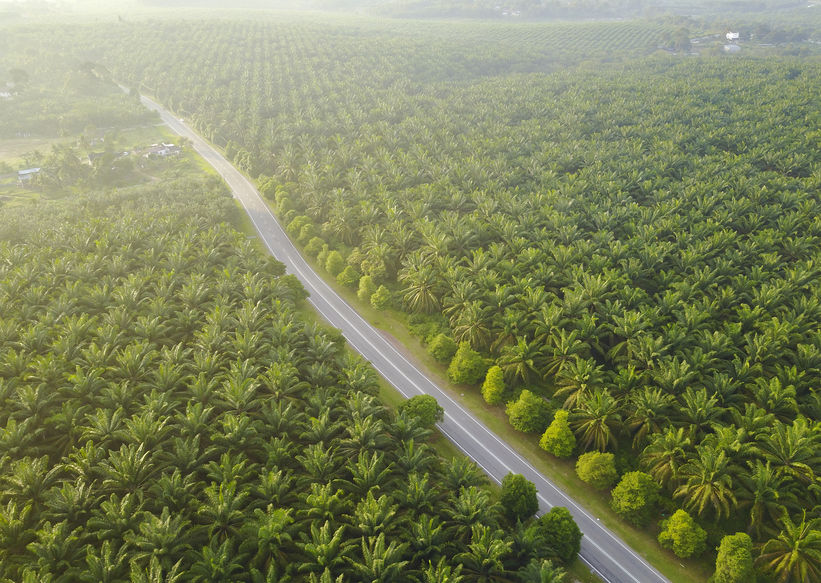Whether you have eaten a meal or taken a shower today, chances are that you’ve used a product that contains palm oil.
Palm oil is an essential ingredient to many products we take for granted — including shampoo, margarine, peanut butter, lipstick, detergent, pizza dough, packaged bread, ice cream, and more.
Many around the world, however, are concerned with the commercial use of palm oil as they say it contributes to extensive clearcutting of rainforests in order to make way for palm oil plantations.
As the global population continues to grow and billions are needed for people to access affordable products in order to survive, few answers seem workable.
Yet, researchers in Canada may have a promising solution. According to Goodnewsnetwork.org, Alejandro Marangoni, a scientist from the University of Guelph, has developed a process to create solid vegetable oil without additional saturated fats.
Indeed, vegetable oil was the main ingredient in many foods prior to palm oil but was largely abandoned due to the high levels of dangerous fats it contains.
As reported in goodnewsnetowrk.org:
“For Alejandro Marangoni, a food scientist at the University of Guelph, the challenge was how to create an oil that would stay solid at room temperature, and one that preferably didn’t contain as much saturated fat content as something like coconut oil.
“Saturated fat, while necessary in many processes of our biology including the synthesis of testosterone, is capable of exacerbating risks for coronary heart disease when consumed in large portions by individuals with unhealthy lifestyles such as sedentary days or late-night eating habits.
…
“Marangoni on the other hand used a process he called enzymatic glycerolysis, inspired by the way the body naturally produces triglycerides. He combined enzymes with glycerin to produce solid vegetable oil without adding any additional saturated fats.
“The process would allow food manufacturers to avoid the destructive oil palm plantations, while still being able to keep prices low, since Marangoni’s process could utilize most vegetable oils such as cottonseed, or peanut oil, which also happen to contain fewer saturated fats, leading to less of a public health burden.”
The problem with this new process, however, is that many developing countries depend on palm oil to keep their economies afloat. According to the World Wildlife Foundation of the UK, “Palm oil is an incredibly efficient crop, producing more oil per land area than any other equivalent vegetable oil crop. Globally, palm oil supplies 35% of the world’s vegetable oil demand on just 10% of the land.”
While concerns over deforestation are laudable, it is unclear if these or any replacement crops would have a less discernable impact on the environment.
Additionally, there are concerns raised about those with allergies to nuts – especially as Marangoni’s palm oil substitute uses peanut oil in its production process.
You can read the full article on goodnewsnetwork.org here.
